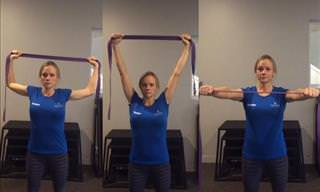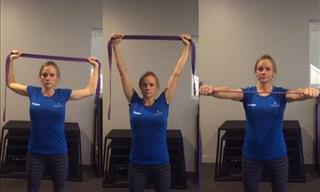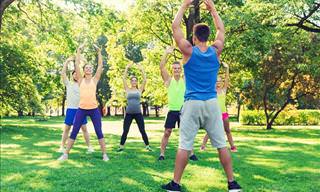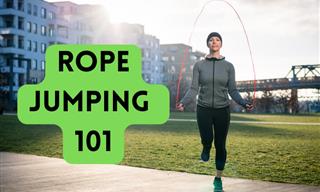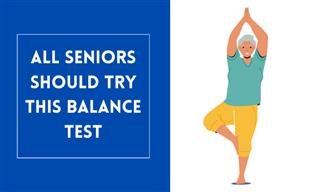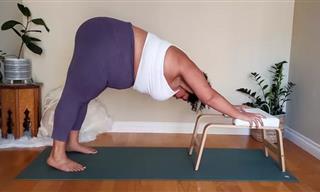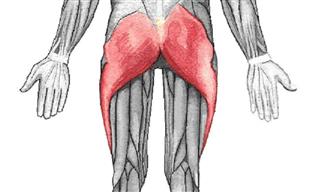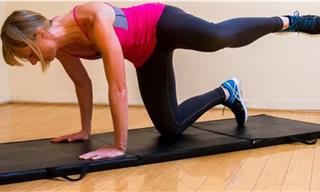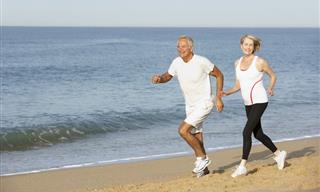Muscle Building Exercise is Equally Effective for Senior Beginners and Master Athletes
Building muscle strength is a tedious task at any age, but the benefits by far outweigh the costs, like frailty, muscle weakness and an unsupported skeletal system can all be dealt with just through a few hours of regular weekly training. Though young individuals are at an advantage compared to older adults when it comes to exercise intensity and muscle building, another factor, experience, doesn’t seem to make you get stronger faster, the new study shows.
The research team compared athletes with 20+ years of experience in sports to a group of beginners of a similar age and found that both groups have built muscles identically well. The average age of the experienced athletes was 68 years, whereas the beginners averaged at 73 years.
Of course, the researchers exposed both groups to an identical diet and exercise routine to avoid possible confounds and measured each participant’s muscle-building progress by conducting regular biopsies every 48 hours that showed how much protein buildup was created in the muscle tissue. The researchers found no difference in protein synthesis between the two groups, concluding that novice athletes built muscle strength equally as well as the pros.
Needless to say, regular exercising starting from a younger age provides additional health benefits and is a preventative method for many health conditions, but in general, the study proves that ‘better late than never’ is the motto to follow when it comes to exercise.
Should Seniors Approach Exercise Differently to Youngsters?
Starting an exercise routine for the first time is a difficult endeavor no matter your age, but the possibility of pre-existing conditions, more common among seniors than young adults, further complicates this task. On average, the starting point for older individuals is a lower intensity exercise, and some pre-existing conditions may require further accommodations to your training regimen, so it’s best to start under the supervision of a trainer, doctor, or both.
The complexity of the workout is also an important factor, and it’s best to start slow and simple so as not to overwhelm your body and mind, and stay motivated and inspired before each workout.
The third and last, but still very important factor to consider is consistency. Training consistently is more important than going to the gym for an hour or more, and so shorter, but more regular training sessions will benefit seniors more than demanding long training routines.
Related Articles:
 Go to BabaMail
Go to BabaMail



































